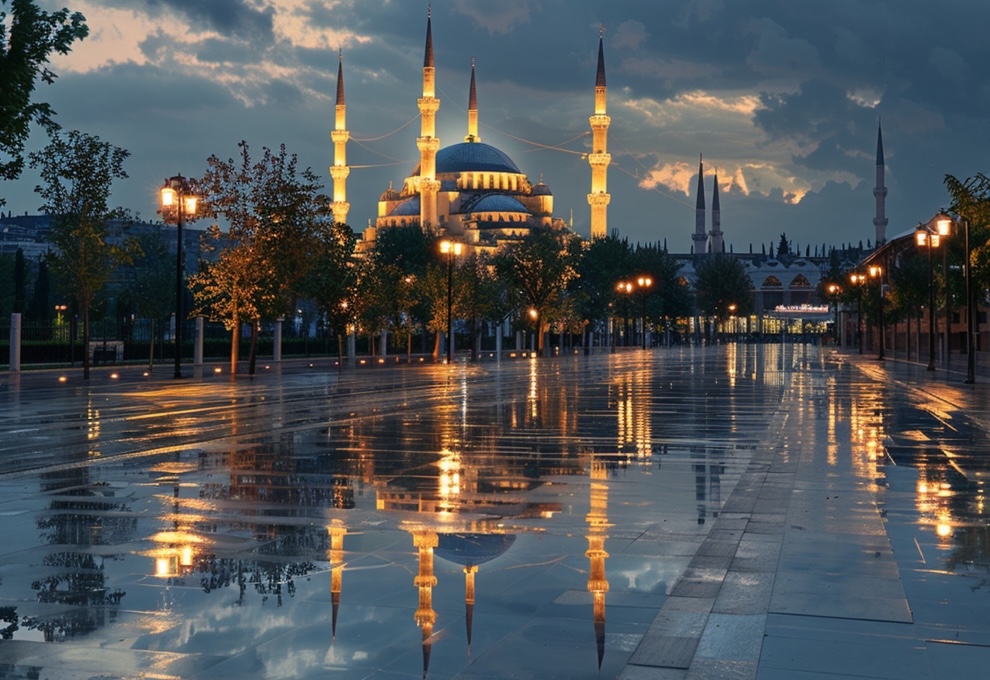
For centuries, the city of Konya has stood as a beacon of spiritual refinement, Islamic scholarship, and Sufi tradition. Located in the heart of modern-day Türkiye, this ancient city served as the capital of the Seljuk Empire and remains one of the most spiritually resonant places in the Muslim world today.
At its centre is the Mevlana Museum, once a tekke (Sufi lodge) and now the mausoleum of Jalal al-Din Rumi, known in the Islamic tradition as Mawlana. A 13th-century scholar, jurist, and spiritual guide, Rumi is recognised not only for his poetry but for his embodiment of the inner dimensions of Islam — a tradition rooted in the Qur’an and Sunnah, expressed through love, humility, and the purification of the soul (tazkiyah).
Rumi’s teachings have been preserved through generations by traditional scholars and Sufi lineages. As many have noted, his works reflect the essence of Islam: mercy, sincerity, and a yearning for nearness to Allah. The spiritual path he walked, guided by the companionship of Shams of Tabriz, continues to be studied and respected within mainstream Sunni traditions.
Visitors to Konya will also encounter the Shams of Tabriz Mosque and Tomb, sites of reflection and reverence that speak to the transformative power of sacred companionship. As outlined in many traditional teachings, the company one keeps has a direct effect on the heart – and few examples illustrate this better than the relationship between Rumi and Shams.
Beyond these central landmarks, Konya offers beautiful Ottoman-era masjids, quiet courtyards, and bustling markets. The atmosphere is one of remembrance (dhikr), where daily life is imbued with tranquillity and modesty. It is a place where one can engage the senses while nourishing the soul.
👉 Click here to join the Muslim Women’s Council’s spiritual retreat to Konya, taking place from Friday 9th to Tuesday 13th May 2025.


